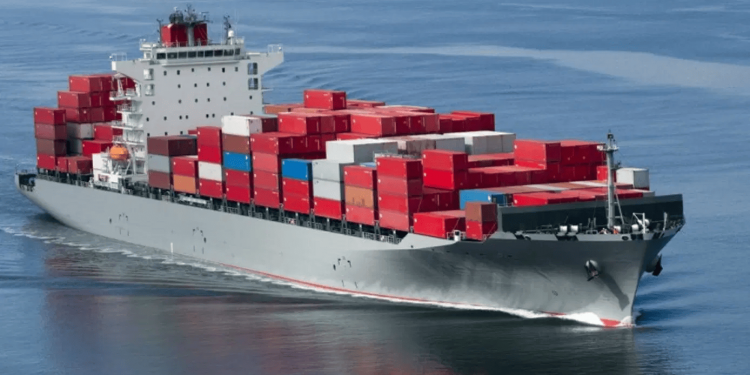The Nigeria Shippers Council (NSC) has revealed that the country loses $500 million each year due to significant delays in the implementation of the International Cargo Tracking Note (ICTN). Pius Akutah, the NSC’s Executive Secretary, presented this alarming figure during a House of Representatives hearing focused on the ICTN, a crucial cargo tracking technology designed to enhance the efficiency and accountability of shipping operations.
The hearing, organized by the House of Representatives committee on shipping services, customs, ports and harbor, and maritime safety, aims to investigate the reasons behind the stalled implementation of the ICTN contract. In 2019, the NSC introduced a regulation that made the ICTN a mandatory loading document for all shipments entering Nigeria. This regulation stipulates that every cargo transported to Nigeria for commercial, business, diplomatic, or personal purposes must possess an ICTN loading certificate.
Highlighting the severe financial repercussions of the delay, Akutah stated, “Nigeria has lost almost $2.5 billion within the last five years due to the lack of implementation. Because of some investigations led by the EFCC, five years have passed without progress.” He pointed out that initial implementation efforts began but were abandoned after just two years, leading to substantial losses that the country cannot afford.
The NSC’s findings indicate that the lack of a robust cargo tracking system has hindered not only revenue generation but also the overall efficiency of Nigeria’s shipping sector. The absence of the ICTN has resulted in increased risks of cargo theft, loss, and mismanagement, ultimately affecting trade and economic growth.
In March 2023, the previous administration of President Muhammadu Buhari took steps to rectify the situation by engaging a consortium led by Antaser Nigeria Limited to develop a comprehensive cargo tracking system. This system is intended to cover all imports and exports, including crude oil exports. The NSC entered into an agreement with Antaser Limited and four other companies based on a “No Cure, No Pay Basis,” which outlines a revenue-sharing model of 60% for the federal government and 40% for the consortium.
As the investigation into the ICTN delays continues, stakeholders in Nigeria’s shipping industry are expressing urgent calls for action. They argue that the implementation of the ICTN is essential for Nigeria to remain competitive in the global market and to improve transparency in trade practices.
The implications of these delays extend beyond financial losses; they threaten Nigeria’s reputation as a viable trade partner in Africa. Stakeholders are now urging the government to prioritize the ICTN’s swift implementation to avert further losses and enhance the country’s maritime operations. The NSC’s commitment to advocating for the ICTN serves as a reminder of the critical need for effective policies that foster growth and stability within Nigeria’s shipping industry.
As discussions progress in the House of Representatives, the hope remains that decisive actions will be taken to overcome the challenges hindering the ICTN’s implementation, enabling Nigeria to reclaim its position as a leader in maritime trade in Africa.










